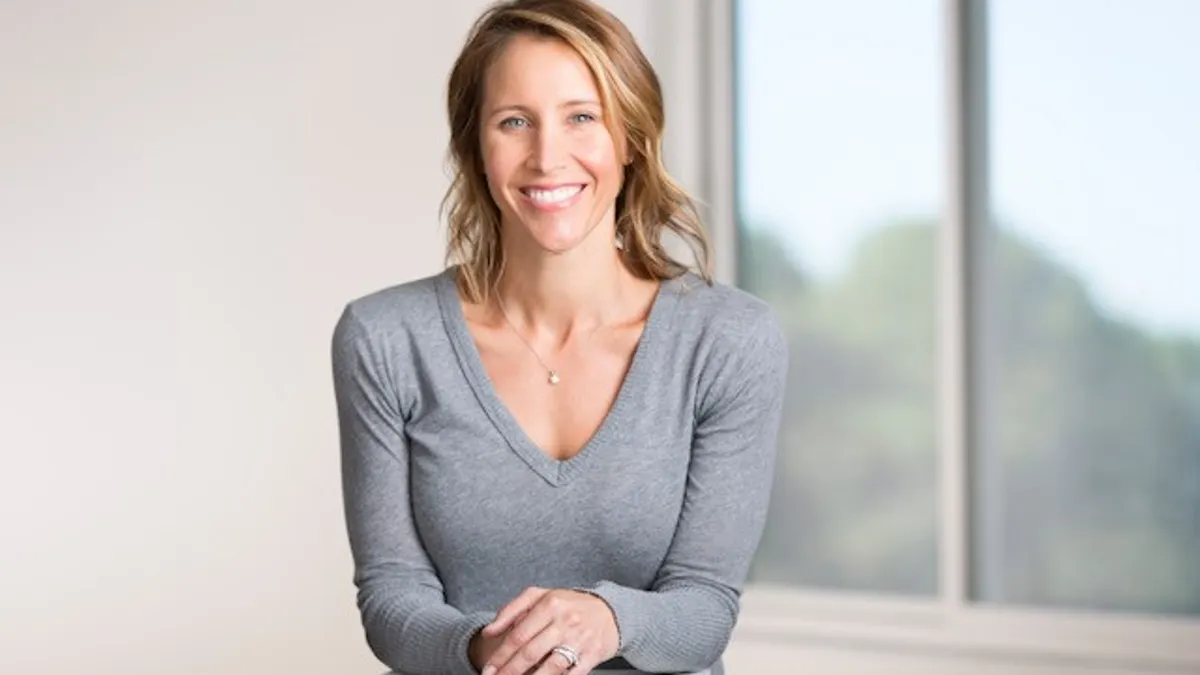Third Harmonic Bio plans to wind down operations and sell its assets, including its lead drug candidate, in a liquidation plan the company announced Monday.
If approved by stockholders at an annual meeting in early June, the immune drug developer will dissolve in the third quarter of 2025.
“Our management team and board of directors together have completed an efficient review of our strategic alternatives for maximizing the value of our assets and have determined that returning cash to shareholders and selling our assets, including THB335, is the best path forward,” Natalie Holles, Third Harmonic’s CEO, said in a statement.
Founded by Atlas Venture in 2019, Third Harmonic initially set out with plans to make an oral mast cell inhibitor for chronic inducible urticaria. The company raised $185 million in a 2022 initial public offering, but its share price nosedived just months after the IPO when it halted its clinical study on account of liver toxicities observed in trial participants.
In February, Third Harmonic publicized its plans to weigh strategic alternatives as it reported Phase 1 results for THB335 in healthy volunteers. It laid off half its staff and stopped all R&D work outside of THB335, which is being evaluated in a different form of chronic hives.
The company still intends to complete the work necessary to prepare THB335 for advancement into Phase 2 testing, so as to maximize the value the program might obtain in a sale.
Third Harmonic had $285 million in cash and cash equivalents as of Dec. 31. It expects to distribute between $246.6 million and $255.4 million to shareholders later this year if its dissolution plan is approved.
The biotech is one of several drug companies that have flopped after pricing high-profile IPOs based on the promise and success of their lead programs. Acelyrin, Cargo Therapeutics, and BioAge Labs all had dramatic decreases in their stock prices after either stopping lead studies due to adverse side effects, or reporting disappointing data.
Historically, companies have often tried to press on by pivoting their research or seeking a reverse merger. Now, however, investors and analysts are scrutinizing these “zombies” more closely and arguing that the cash they have accrued could be better deployed elsewhere.
“Now that these candidates have failed, investors have for the most part walked away, leaving companies to trade at a fraction of their cash,” wrote Cantor Fitzgerald research analyst Eric Schmidt in a February client note that referenced Acelyrin, Cargo and BioAge.
“Cash that was raised through an efficient capital process to fund specific projects (although in retrospect for programs that were flawed) is now being allocated by a few insiders and spent on programs that investors are not willing to support,” Schmidt wrote.
Instead, Schmidt suggested, companies should weigh alternatives so every dollar invested is put to the best use.















